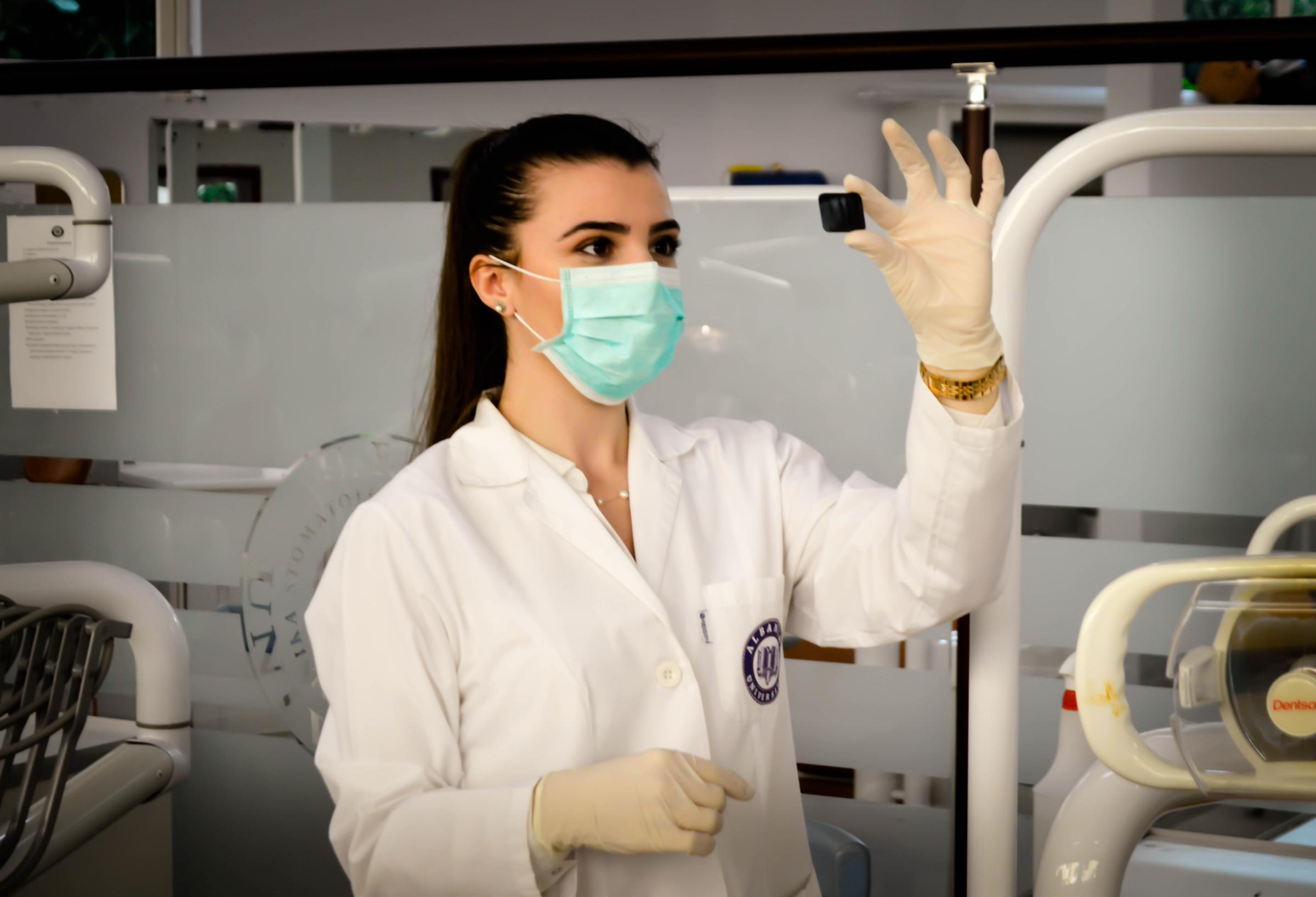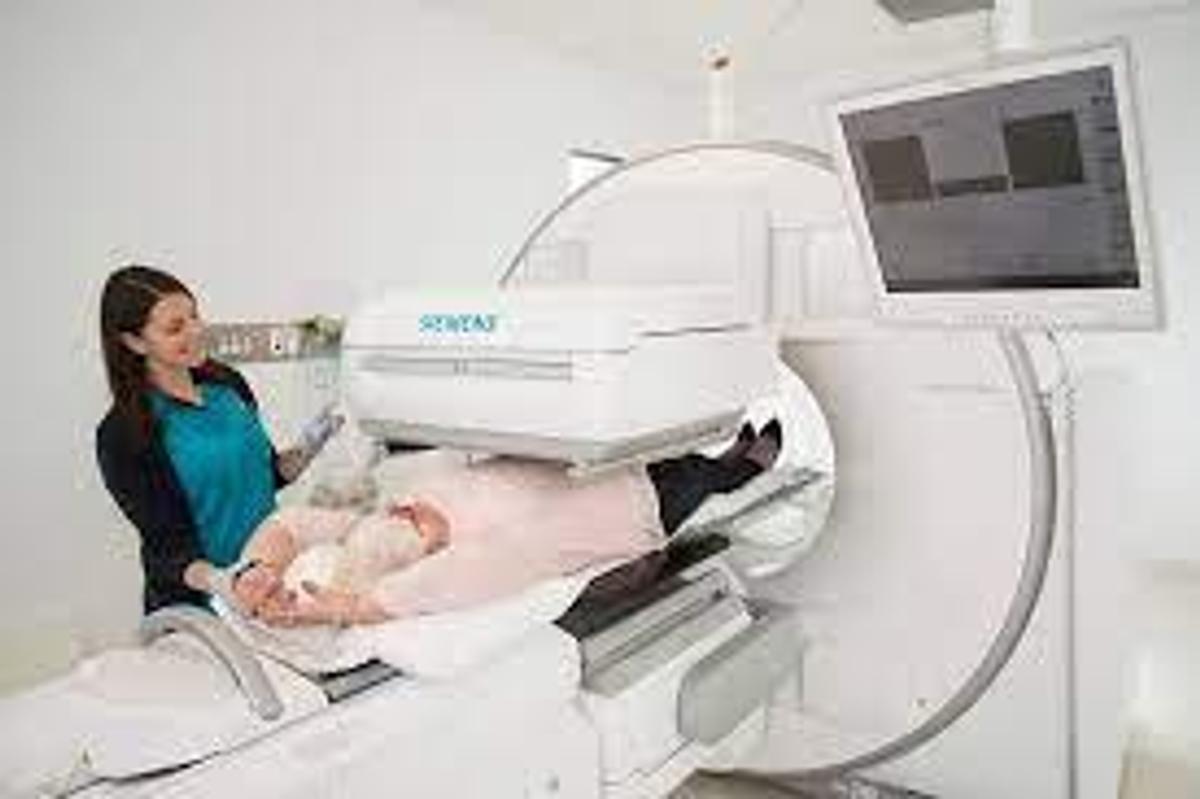Career in Nuclear Medicine Technology

According to the Your Career website, Nuclear Medicine Technologists perform or assist in performing diagnostic examinations using radionuclides and radiopharmaceuticals, and administer radionuclides and radiopharmaceuticals for therapeutic purposes under the direction of Specialist Medical Practitioners. In other words, Nuclear Medicine Technologists are highly skilled medical imaging experts that use radioactive materials to diagnose physiological and metabolic changes within the body and treat diseases - Good Careers Guide.
This profession is best suited to people who -
- have an interest and aptitude in science.
- are able to work accurately.
- have a responsible and patient nature.
- have a sympathetic and understanding approach.
- are able to work independently or as part of a team.
Nuclear medicine technologists may perform the following tasks:
- Maintain and operate equipment such as gamma cameras and computing systems to acquire images and process and analyse patient data.
- Prepare and administer radiopharmaceuticals that demonstrate the function of organs in the body.
- Deliver findings of procedures to medical practitioners.
- Provide diagnosis and treatment for cancer patients.
- Perform laboratory procedures, including blood and specimen collection and quality control testing.
- Make sure that radioactive materials are handled, stored and disposed of in a safe manner.
- Perform routine quality control and testing procedures on instrumentation, radiopharmaceuticals, data, images and computing systems.
- Initiate and participate in research programmes and in the development of new techniques.
In Victoria students can study the Bachelor of Applied Science (Medical Radiations) at RMIT University, and Nuclear Medicine is one of the streams students can choose to specialise in.

